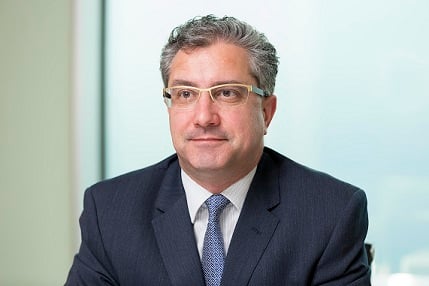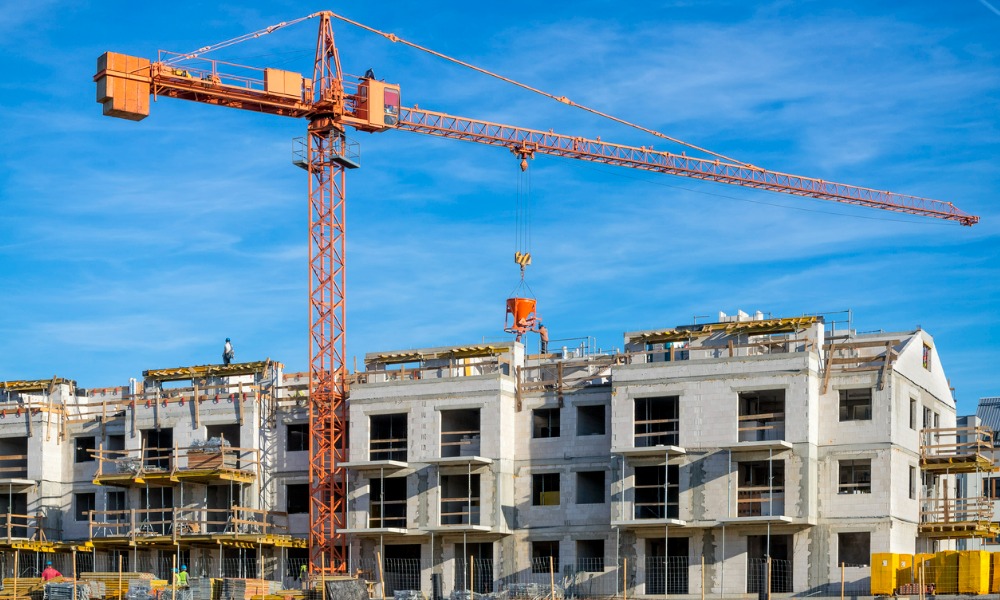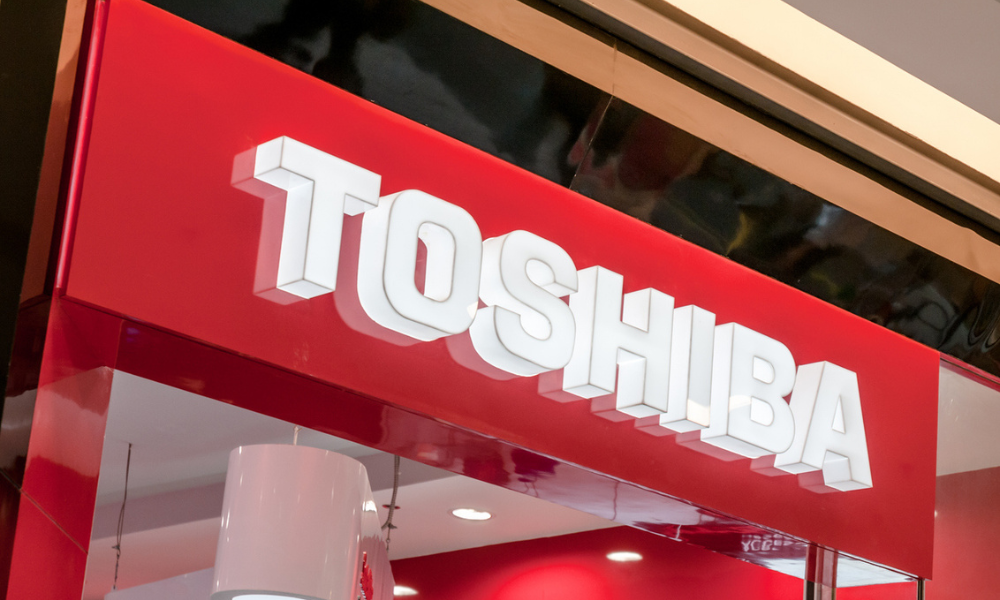HRD Asia speaks with one of Asia’s leading lawyers about how HR can raise awareness about workplace sexual harassment

As movements like Times Up and the viral campaign #metoo raises awareness on issues like sexual assault and harassment in the workplace, how can HR professionals in Asia lead the charge here?
There is a perception that many organisations in the region still lack a formal workplace sexual harassment policy.
However, change may soon be on the horizon according to Simon McConnell, partner at international law firm Clyde & Co.
“Consistent with the US, and global trends and developments, this is certainly changing. Awareness is now far higher,” McConnell says.
When it comes to reports of sexual harassment at the workplace, he believes that any inaction from the organisation may be due to several reasons, including the lack of awareness, or the fear of negative publicity for the firm.
McConnell thinks that HR can play a significant lead role and change the perception by doing the following:
“HR may raise awareness and define harassment by firstly designing and implementing a formal workplace sexual harassment policy.
“Secondly, by organising internal seminars and training for employees.
“And thirdly, by ensuring that there is an appropriate complaints mechanism in place, as well as informing employees of the mechanism to encourage them to speak up if they become a victim of workplace sexual harassment.”
McConnell’s suggestions reflect similar suggestions in the Tripartite Standard for Grievance Handling launched in October 2017 by the Ministry of Manpower and TAFEP.
The standard lists accusations of sexual harassment as a serious workplace grievance and recommends companies set up the proper channels to raise grievances. It also includes guidelines on how to handle complaints from investigation to resolution.
If an employee accuses another employee of sexual harassment, McConnell says HR should handle the situation “seriously, sensitively and without delay”.
“This is because of two reasons. From a legal perspective, an employer [in Hong Kong] may be vicariously liable for acts of sexual harassment by its employees unless the employer can prove that it took all practical steps to prevent the unlawful act. Therefore, it is in the employer’s best interest to investigate a claim.”
“And from a practical/public relations standpoint, it would be preferable for HR to investigate the claim internally first in order to be prepared for any press coverage should the incident be made public.”








